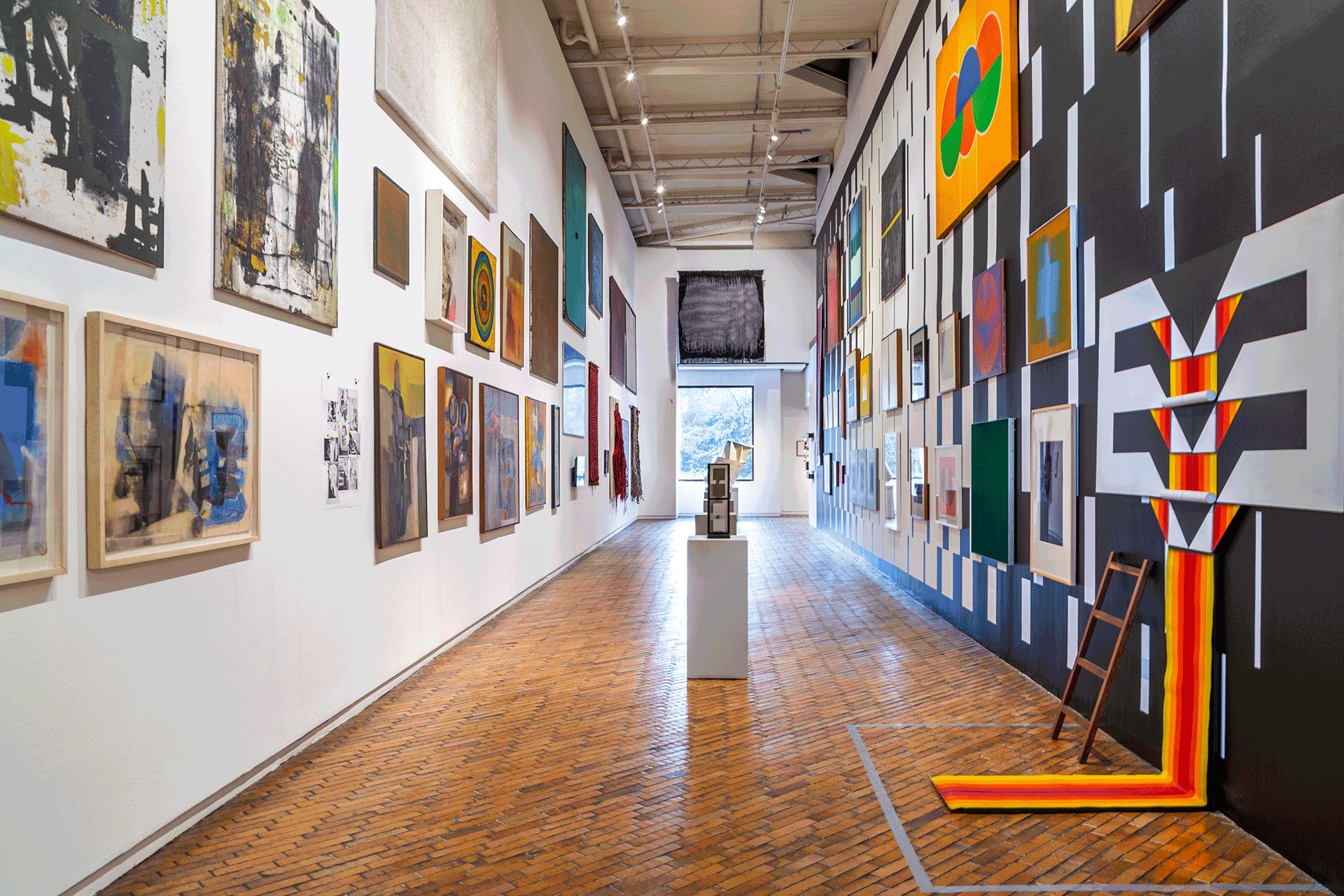
COIL is an educational approach that connects students from different institutions worldwide to collaborate on shared projects through digital platforms. This method promotes global citizenship and public scholarship by enabling students to engage in cross-cultural collaboration and problem-solving beyond traditional classroom settings. COIL projects often involve self-directed student teams tackling real-world tasks, thereby fostering critical thinking, effective communication, and logistical problem-solving skills.
Recent COIL initiatives involving Concordia University, the University of British Columbia (UBC), Helwan University (Egypt), and the Bogotá Museum of Modern Art (MAMBO) exemplify this approach. These collaborations emphasise students’ roles as public scholars, extending their learning experiences beyond course assignments into professional realms. Self-directed student teams are given autonomy and decision-making authority to complete tasks, such as creating a podcast for the general public based on a MAMBO exhibition. For many students, this represents their first professional contribution to public pedagogy.
In January 2023, Concordia University (Canada), Helwan University (Egypt), and MAMBO (Colombia) embarked on a COIL project supported by the New Frontiers Research Fund. This initiative, aligned with the UN Global Citizenship Education mandate and the Sustainable Development Goals, aimed to innovate art education through digital tools and artful exchanges. Key activities included WhatsApp-based collaboration, creating an e-catalogue, developing a virtual tour of MAMBO’s exhibition, and producing a podcast as a deliverable educational tool for the Museum. Hear one of the episodes, “Analysis of ‘Shaman-Girl’s Prayer’ by Mariko Mori.”
Building on this success, the project continued in 2024 with The University of British Columbia, Helwan University, and MAMBO. This phase focused on MAMBO’s public collection, with students writing blog articles by analysing the “Viceversa” exhibition, and participating in a 7×7 exchange. The goal was to deepen engagement with MAMBO’s collection, foster critical discourse, and promote global perspectives on art and cultural heritage. Student’s blog articles can be found on the Community section of this website.
These COIL projects have demonstrated the effectiveness of digital tools in facilitating international and cultural exchange, producing valuable educational resources, and enhancing public scholarship.
To hear the podcast, please visit: https://open.spotify.com/show/5Ls4VGU9nbVgJir3PpzWyh
Photo by Gregorio Diaz. Courtesy of the Bogota Museum of Modern Art.